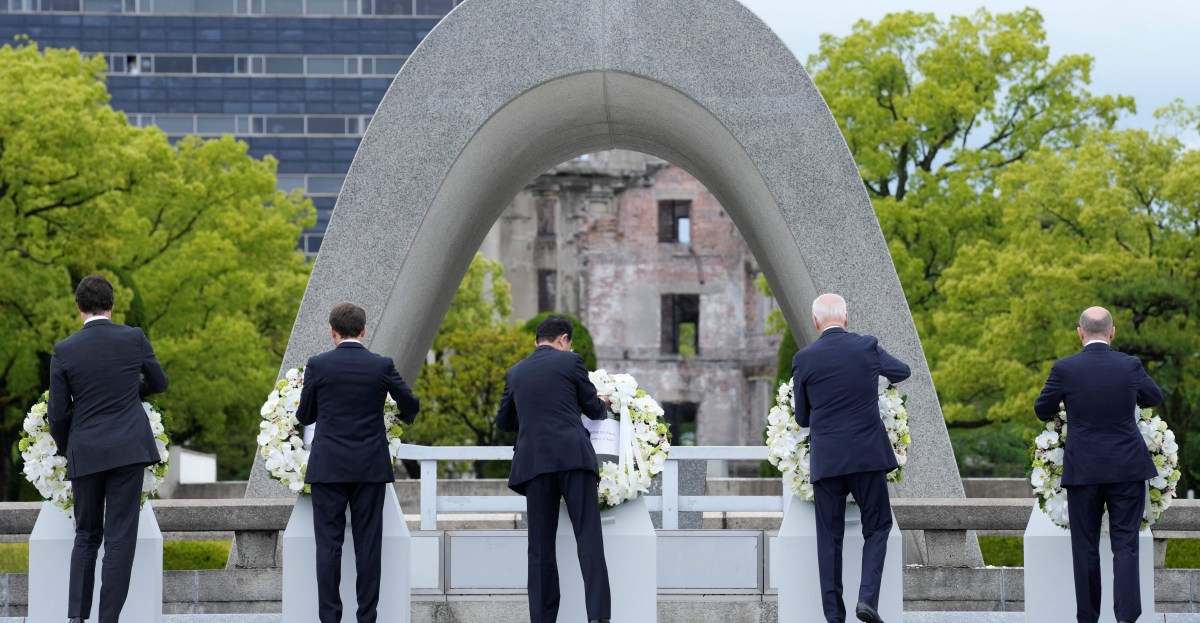T4K3.news
False nuclear warning hits Moscow buses
Hackers used bus intercoms to spread a false threat, prompting shelter orders.
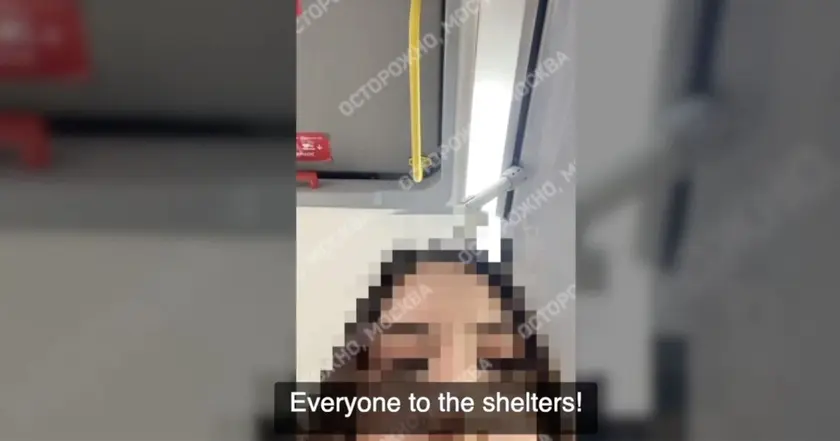
Hackers used bus intercoms to spread a false alert, prompting a safety response across Moscow routes.
Moscow buses told to shelter after false nuclear attack warning
Unknown attackers gained access to the intercom system on buses operated by the Transavtoliz company. On Tuesday, passengers on bus 191 toward Grachevskaya station heard an automated call urging everyone to rush to shelters because Ukraine was threatening a nuclear bombardment. Officials later said the message did not reflect reality and that the attack was unauthorized access to the network. It is not clear how many buses were affected, but the company operates hundreds of routes in Moscow.
Moscow authorities said the audio messages did not reflect reality and that specialists are examining the network for the unauthorized access. The incident unfolds amid broader tensions over Ukraine and the role of cyber threats in public life. Ukraine gave up its nuclear weapons in 1994 under the Budapest Memorandum in exchange for security assurances, and Russia has continued rhetoric around nuclear use as part of the war context. The state broadcaster has noted ongoing meetings and statements involving Russia’s leadership, underscoring how geopolitics can intersect with everyday infrastructure.
Key Takeaways
"Audio messages that did not correspond to reality were played in the buses."
Official acknowledgment by Moscow transport spokesman
"Public safety depends on resilient digital infrastructure."
Editorial takeaway on infrastructure security
"Hackers turned a routine ride into a scare tactic."
Impact on commuters
"False alarms erode trust in essential services."
Public reaction
The episode shows how quickly cyber tools can disrupt ordinary life and how fear can propagate in a crowded city. A false warning from transit systems can cause crowding, injuries, and lasting unease. It highlights the vulnerability of critical public services to hackers and the need for layered defenses, rapid incident response, and clear, credible public communications.
Beyond the breach itself, the incident sits at the crossroads of information warfare and geopolitics. It occurs as Moscow maintains nuclear rhetoric in a tense war context, while Ukraine has moved away from nuclear arms decades ago. The case raises questions for policymakers about funding, safeguarding, and crisis messaging for essential networks, and about how to keep the public calm when a digital intrusion spills into the real world.
Highlights
- Hackers turned a bus ride into a scare tactic
- Public safety depends on resilient digital infrastructure
- False alarms erode trust in essential services
- Cities must harden networks before panic spreads
Political and security risk
The incident raises questions about how public infrastructure handles crises and how officials communicate during cyber incidents. It could provoke political backlash and public worry while highlighting vulnerabilities in critical networks.
Public safety relies on steady defenses, not sudden alarms.
Enjoyed this? Let your friends know!
Related News

Nikolai Patrushev threatens UK with nuclear war risks
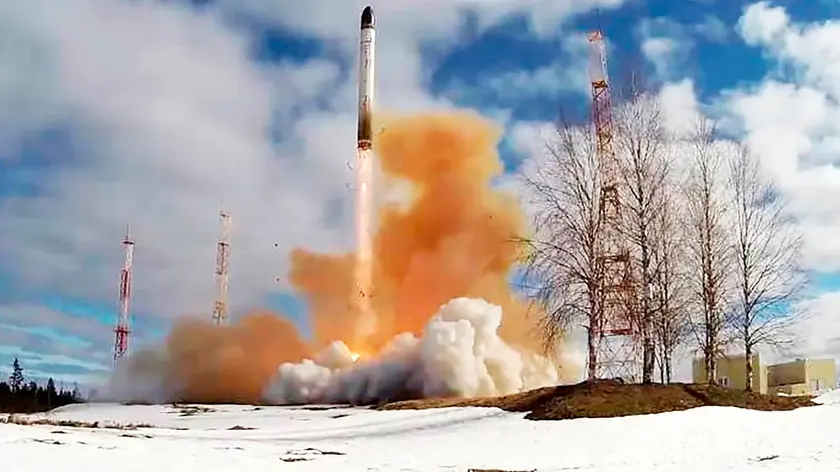
Kremlin warns of nuclear risks from UK provocations
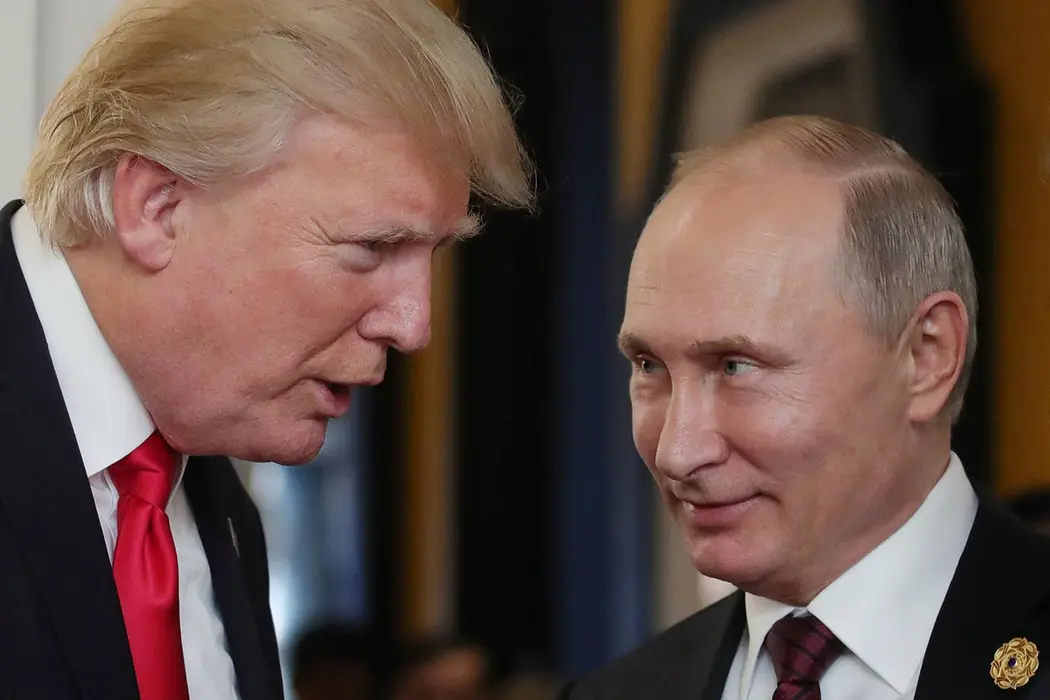
Trump escalates conflict with Russia over Ukraine
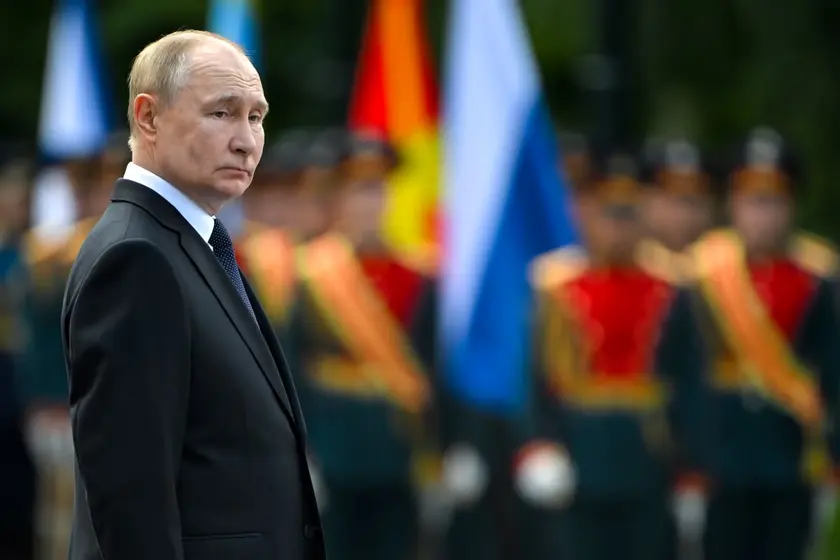
Russia ends missile treaty limits
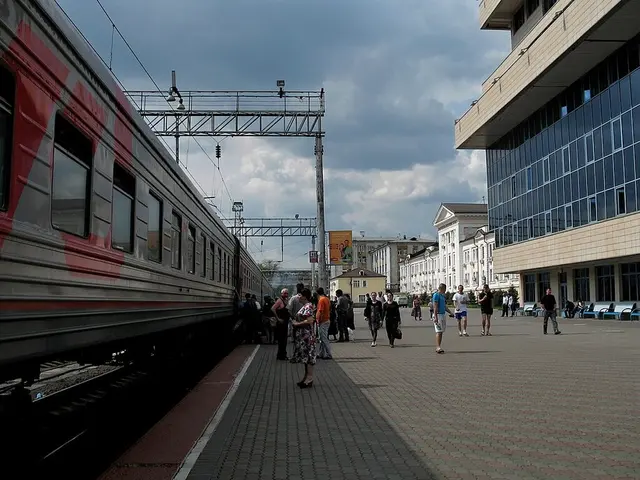
Ukraine targets Moscow and Rostov rail systems

Putin relocates nuclear bombers near Europe
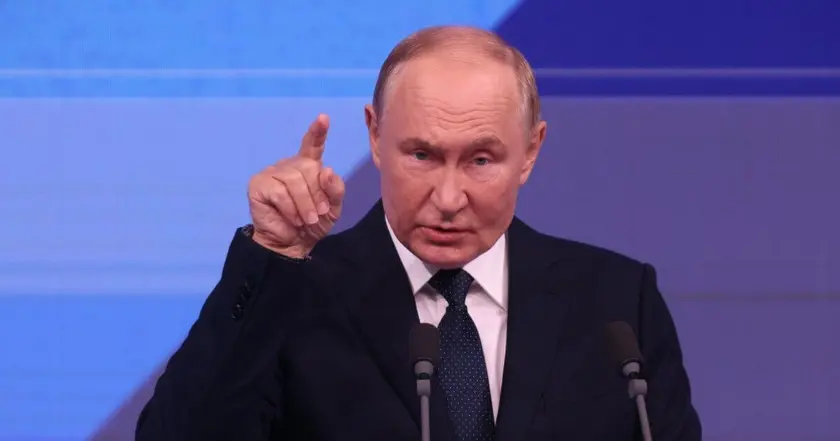
Russia withdraws from missile treaty

Trump orders deployment of nuclear submarines in response to Russia
